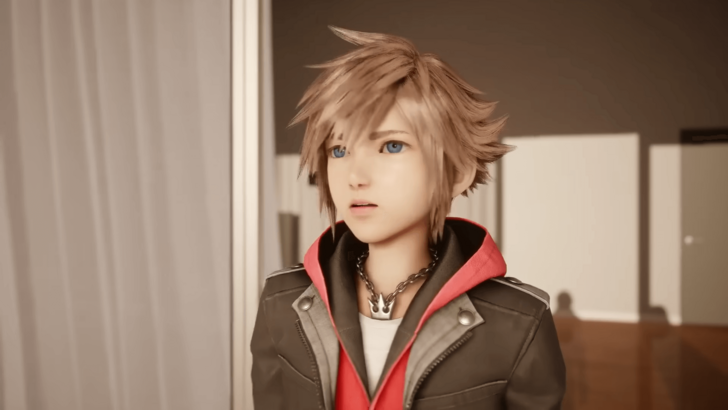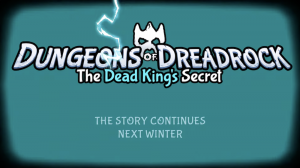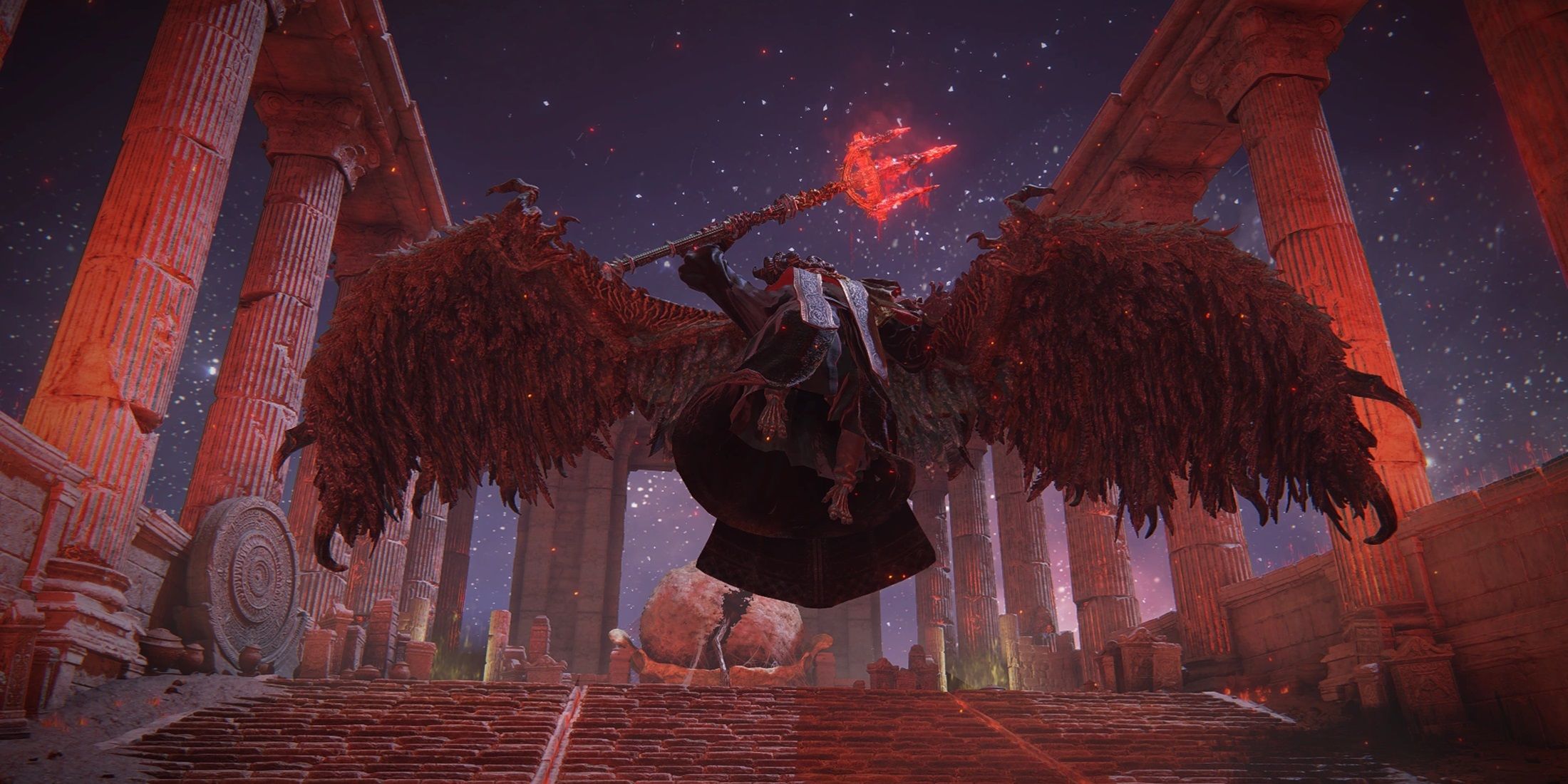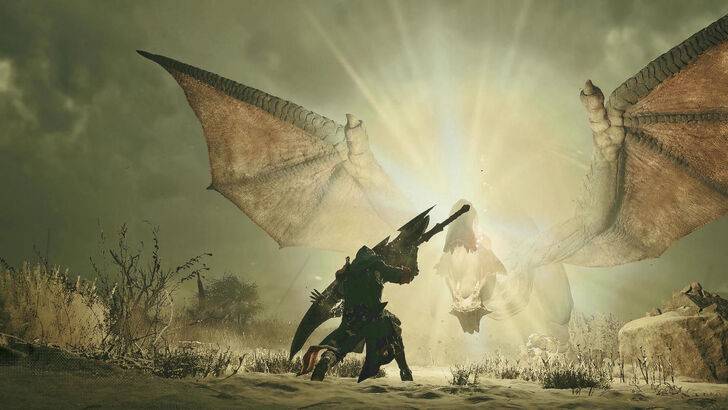Lost 'Dune' Script Surfaces: Ridley Scott Reflects on Potential Fan Disappointment
This week marks the 40th anniversary of David Lynch's Dune, a box office flop upon its 1984 release that has since cultivated a devoted cult following. Its stark stylistic contrast to Denis Villeneuve's recent adaptation of Frank Herbert's novel is a frequent point of discussion. This article unveils a previously unknown chapter in Dune's cinematic history: Ridley Scott's abandoned version.
Thanks to T.D. Nguyen's discovery of a 133-page October 1980 draft within the Coleman Luck archives, we now have access to Rudy Wurlitzer's script for Scott's scrapped project. This draft, a significant departure from Frank Herbert's original screenplay, represents a page-one rewrite undertaken in London before pre-production commenced at Pinewood Studios. Like its successors, it was envisioned as the first part of a two-film saga.
Wurlitzer's script, described by Scott as "pretty fucking good," offers a drastically different interpretation of Herbert's work. While reasons for its abandonment are multifaceted (including Scott's personal tragedy, location disputes, budget overruns, and competing projects), Universal executive Thom Mount cited a lack of unanimous enthusiasm for the script as a key factor.

A Reimagined Paul Atreides
Scott's Dune opens with a dream sequence showcasing apocalyptic armies, foreshadowing Paul's destiny. The script, brimming with vivid imagery, reflects Scott's signature visual style. Instead of Timothée Chalamet's portrayal, Paul is depicted as a 7-year-old, undergoing trials that highlight his psychic connection with his mother, Jessica. While Lynch's version features similar imagery of pain and suffering, Wurlitzer's Paul displays a "savage innocence" and assertive nature, actively taking charge of his destiny. This contrasts with Lynch's portrayal, which emphasizes Paul's vulnerability.
The script introduces a pivotal plot point absent from the book: the Emperor's death, which serves as the catalyst for the ensuing events. The Baron Harkonnen's iconic line, "He who controls the spice controls the universe," appears in a slightly altered form. The Guild Navigator, a creature not revealed until Dune Messiah, is vividly described, a missed opportunity in later adaptations, according to screenwriter Ian Fried.
The script's depiction of Arrakis is heavily medievalized, reflecting Scott's concurrent projects. The ecological aspects are emphasized, highlighting the destructive nature of spice harvesting. The class disparity within Arakeen is starkly portrayed, drawing inspiration from Gillo Pontecorvo's The Battle of Algiers.
A notable addition is a bar fight scene, showcasing Paul's early prowess, a point of contention among critics who argue it undermines Paul's character development. The script also features a brutal encounter with Fremen leader Stilgar, and a graphic depiction of the Atreides' downfall, including numerous beheadings.

Paul and Jessica's escape into the desert is intensely depicted, culminating in a crash landing and a harrowing journey. The script omits the incestuous relationship between Paul and Jessica, a crucial divergence from previous versions and a source of contention with Herbert and De Laurentiis. However, it retains a scene of intimacy between mother and son. The Fremen encounter, the Jamis duel, and the Water of Life ceremony are all significantly altered, culminating in Paul's acceptance into the Fremen tribe. The script ends with a call to a giant sandworm, foreshadowing a pivotal event.

A Bold, Unconventional Vision
Wurlitzer's script prioritizes the ecological, political, and spiritual aspects of Dune, a balance absent in subsequent adaptations. While its dark and violent tone likely contributed to its rejection, it offers a unique and compelling interpretation of Herbert's work. Its bold deviations, while potentially alienating some fans, showcase a mature and nuanced approach to the source material, emphasizing the consequences of unchecked power and environmental destruction. The script's legacy extends beyond its unrealized potential, influencing later works and leaving a lasting impact on the Dune cinematic landscape.
-
 Jan 22,25Kingdom Hearts 4 Will Reboot the Series Kingdom Hearts creator Tetsuya Nomura recently hinted at a pivotal shift for the series with the upcoming fourth mainline installment. This article delves into his revelations about this crucial new chapter. Nomura Hints at a Series Conclusion with Kingdom Hearts 4 Kingdom Hearts 4: A Story Reset,
Jan 22,25Kingdom Hearts 4 Will Reboot the Series Kingdom Hearts creator Tetsuya Nomura recently hinted at a pivotal shift for the series with the upcoming fourth mainline installment. This article delves into his revelations about this crucial new chapter. Nomura Hints at a Series Conclusion with Kingdom Hearts 4 Kingdom Hearts 4: A Story Reset, -
 Jan 20,25‘Dungeons of Dreadrock 2’ Announced, Launching on Nintendo Switch in November with Mobile and PC Versions to Follow Approximately two and a half years ago, we were captivated by the delightful dungeon crawler, Dungeons of Dreadrock, developed by Christoph Minnameier. This top-down perspective game, reminiscent of classics like Dungeon Master and Eye of the Beholder, offered a unique puzzle-solving experience acr
Jan 20,25‘Dungeons of Dreadrock 2’ Announced, Launching on Nintendo Switch in November with Mobile and PC Versions to Follow Approximately two and a half years ago, we were captivated by the delightful dungeon crawler, Dungeons of Dreadrock, developed by Christoph Minnameier. This top-down perspective game, reminiscent of classics like Dungeon Master and Eye of the Beholder, offered a unique puzzle-solving experience acr -
 Dec 10,24Cosplay Marvel Emerges: Elden Ring's Mohg Impresses A stunning Mohg cosplay, strikingly similar to the Elden Ring boss, has been shared online, captivating the gaming community. Mohg, Lord of Blood, a Demigod boss crucial to accessing the recent Shadow of the Erdtree DLC, has enjoyed renewed prominence. Elden Ring, a FromSoftware triumph released in
Dec 10,24Cosplay Marvel Emerges: Elden Ring's Mohg Impresses A stunning Mohg cosplay, strikingly similar to the Elden Ring boss, has been shared online, captivating the gaming community. Mohg, Lord of Blood, a Demigod boss crucial to accessing the recent Shadow of the Erdtree DLC, has enjoyed renewed prominence. Elden Ring, a FromSoftware triumph released in -
 Jan 30,25Hunters Rejoice! Monster Hunter Wilds Showcases New Content In February Open Beta Monster Hunter Wilds: February Open Beta Extends Hunting Opportunities Get ready for another chance to dive into the world of Monster Hunter Wilds! A second Open Beta Test is scheduled for the first two weeks of February, offering both newcomers and returning players a taste of the action before th
Jan 30,25Hunters Rejoice! Monster Hunter Wilds Showcases New Content In February Open Beta Monster Hunter Wilds: February Open Beta Extends Hunting Opportunities Get ready for another chance to dive into the world of Monster Hunter Wilds! A second Open Beta Test is scheduled for the first two weeks of February, offering both newcomers and returning players a taste of the action before th
